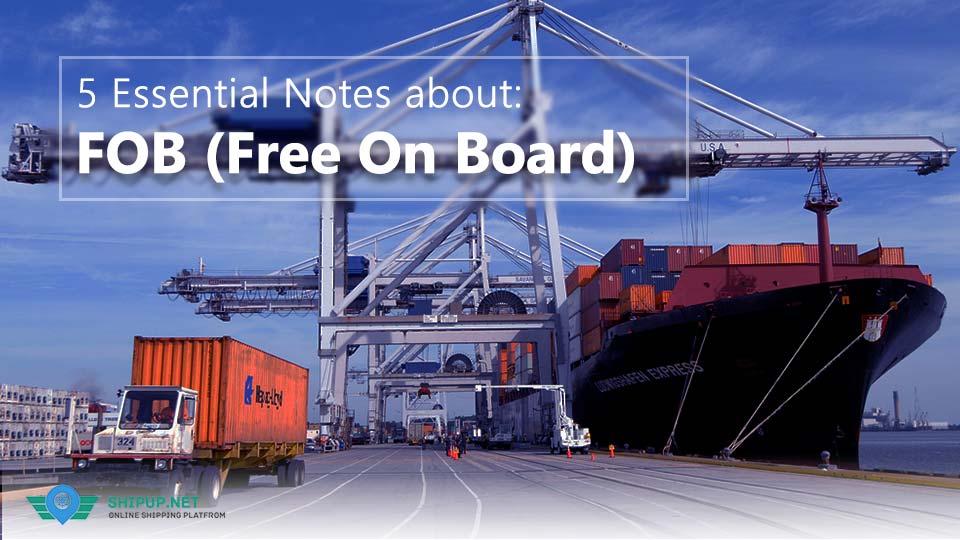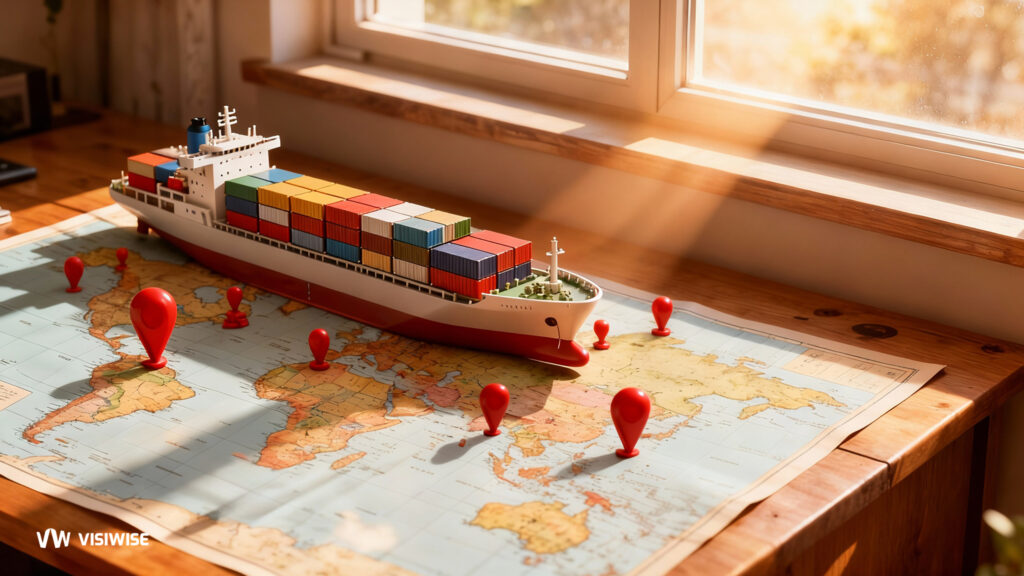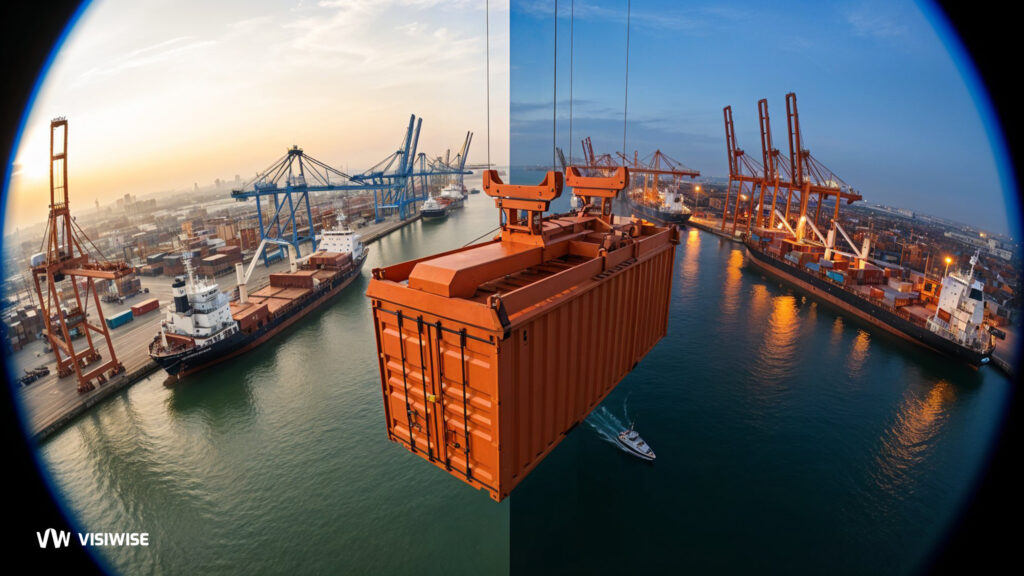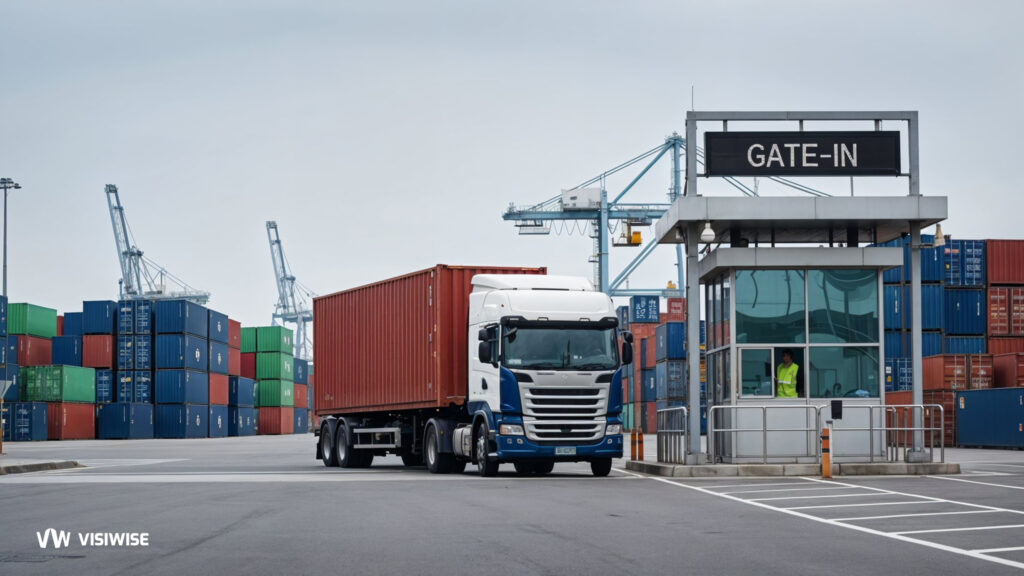Free On Board (FOB) as a most frequently used Incoterms globally, is only applied to sea and waterway shipments. In plain English FOB means, the seller will be free of costs and risks of shipment by loading the goods on board of the nominated vessel. In other words, once the shipment is loaded on board, all liability and responsibility transfers to the buyer.
1. Which party is obliged to pay the local charges (THC, BL fee, …) in Free On Board (FOB)?
- All the charges in origin is for the account of the seller. So the seller must pay all the local charges in the port of load. Local charges are Terminal Handling Charges (THC), Bill of lading fee, Load Off Load On(LOLO) charges and so on.
2. What if the differences between FOB and CFR?
- As you well know, the only difference between the FOB and CFR are the cost of the ocean freight. In FOB the buyer will make the contract of the carriage and pay the ocean freight from to the port of destination. In CFR the seller has to pay the freight to the carrier.
3. Is the Free On Board (FOB) preferable to Cost and Freight (CFR)?
- It depends on some factors like total freight of the shipment, risk of the shipment and possibility to find competitive freight rate.
- If total freight of your shipment is considerable, it is advisable for the buyer to use the FOB term. Because in FOB term the buyer pay the freight charges after the arrival the goods at the final destination.
- If the risk of shipment is high like reefer shipments, it is highly better for the buyer to make the contract of the carriage. As in both CFR and FOB the buyer bears all risks of shipment after loading on board, they are likely to make more accurate contract of carriage.
- If the seller can find better freight rate, it is advisable to use CFR or CIF term instead of FOB.
4. What are other costs that the seller is obliged to pay?
- In addition to local charges mentioned in question 2, there might be other charges in export country. Document fees, Entry Summary Declaration (ENS), Licence fee, Customs clearance, Transport costs, Telex release and Any other local charges.
5. What is Free On Board or “FOB Destination”?
- FOB destination means that the title for the goods transfers to the buyer upon delivery at the destination port. Although ocean freight will be paid by the buyer, the seller is responsible if anything happens to the goods during the journey to the destination port.

To read the full obligation of the seller and the buyer in FOB Incoterms read the book “ICC Guide to Incoterms 2010”
Other useful links:
5 Essential Notes about: Free Carrier (FCA) Incoterms
5 Essential Notes about: Ex Works (EXW) Incoterms
Incoterms: Shipping Guide Every Trader Must Know



